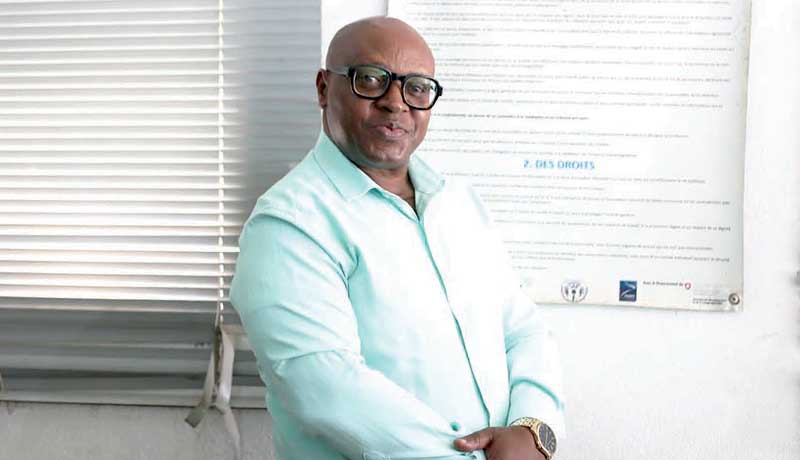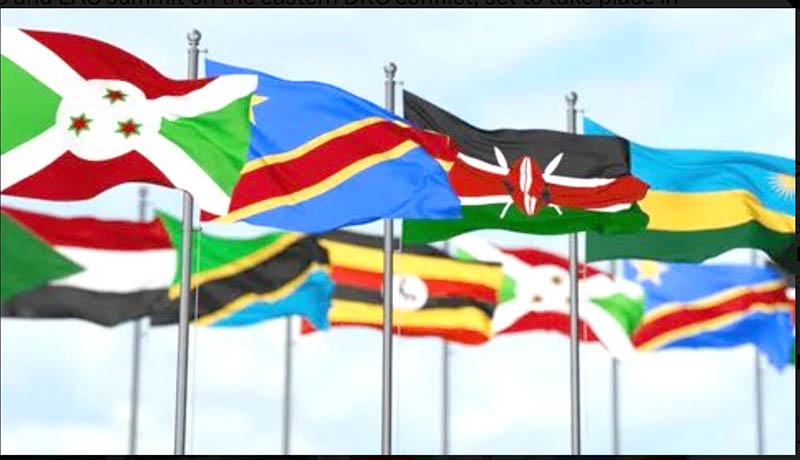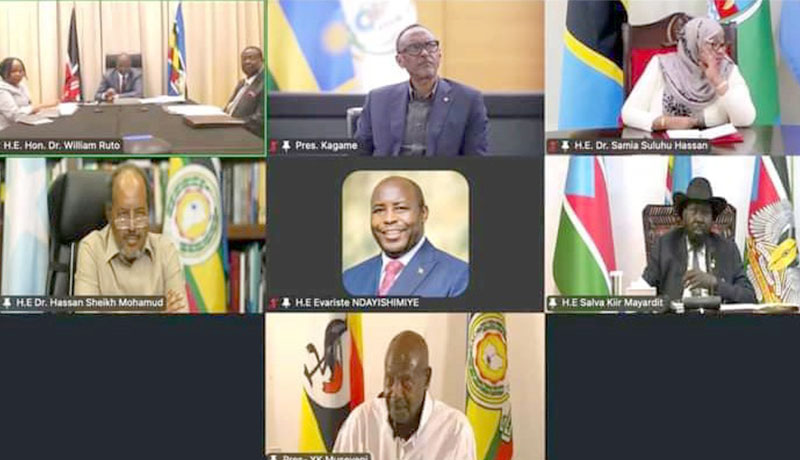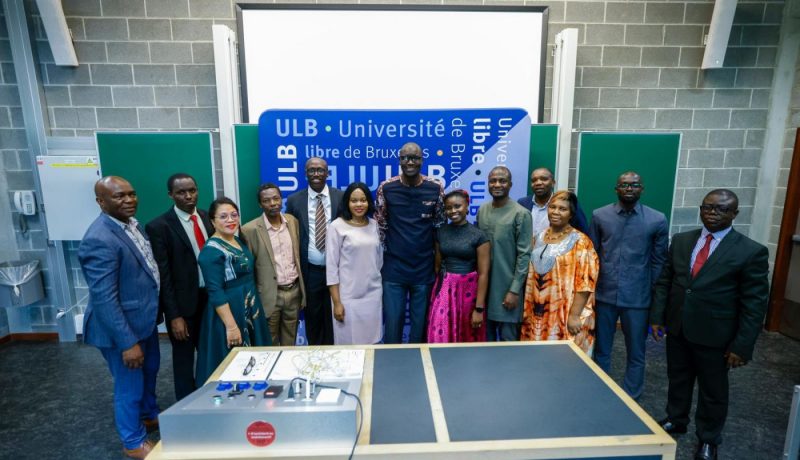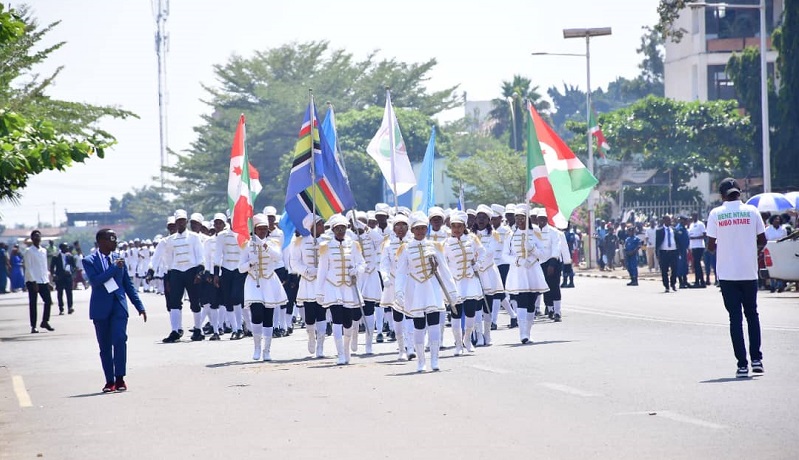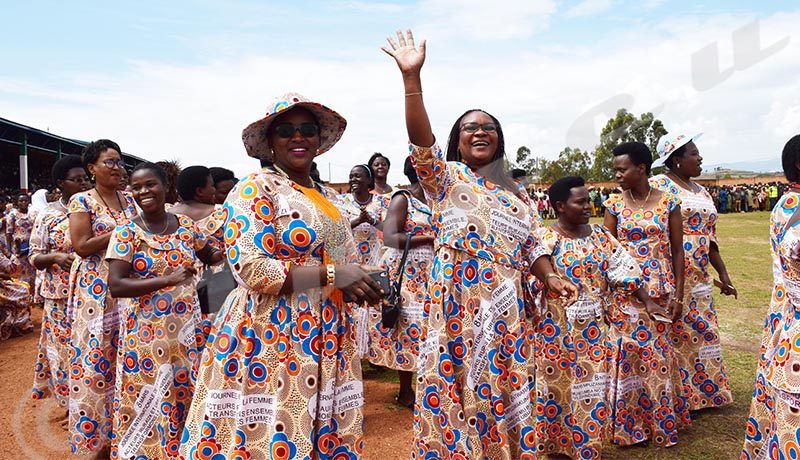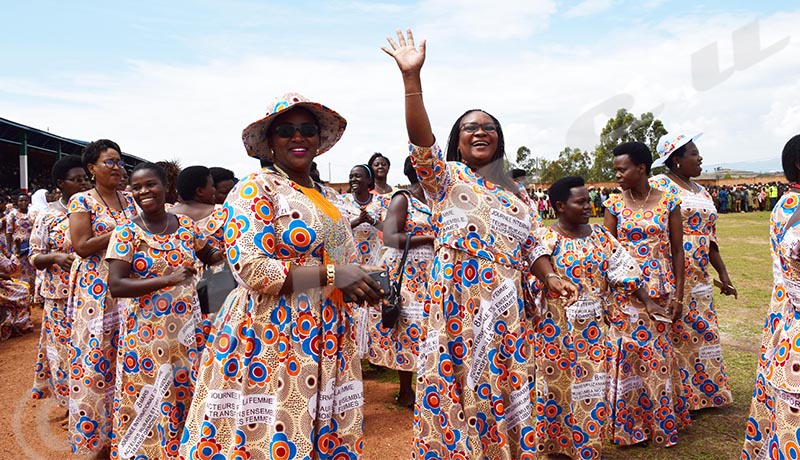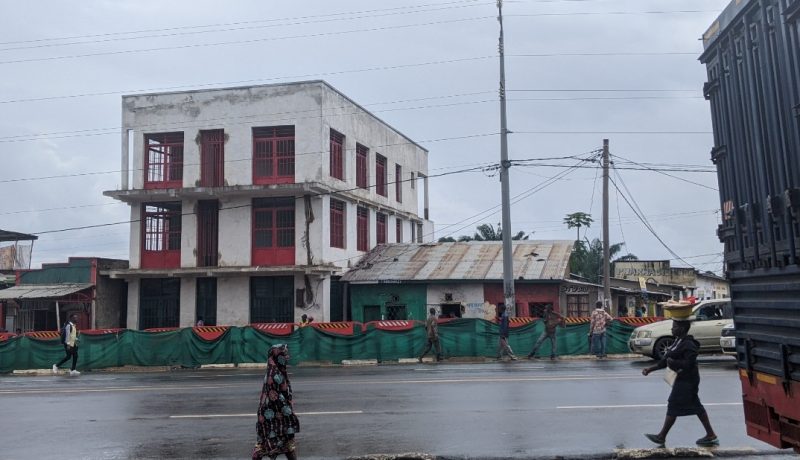Uganda and Burundi are likely to miss the East African Community December 2012 deadline to migrate from analogue to digital terrestrial broadcasting.
This fear is informed by disagreements over the public broadcaster in Uganda being contracted as the signal distributor, as well as lack of legal framework and infrastructural deficiencies in both Uganda and Burundi.
Uganda has already adopted its digital migration policy. Burundi is still way behind, carrying out a feasibility study to come up with one.
The International Telecommunications Union – ITU – conference held in Geneva in 2006 set 2015 as the ultimate deadline for migration from analogue to digital broadcasting in Africa, Europe, Middle East and the Islamic Republic of Iran. But the East African Community has set an earlier deadline: December 2012.
Once all the necessary policies are adopted and the technologies available, the consumers will have whether to buy new television equipment or to buy a simple system, set-top-box (STB) that will allow them to get the signal. STBs are devices that convert signals from digital television broadcast to a form that can be viewed on a standard television set.
A report by the Council of Ministers of the EAC, which met in Bujumbura a few weeks ago, says that EAC partner states have agreed to take off import-duty on set-top-boxes (STBs) to lower the cost of digital broadcast migration.
The EAC Council of Ministers has also warned the countries that delaying in passing laws to give the migration legal backing could expose them to court battles.
“Partner states should expedite the process of putting in place legislation for the implementation of digital TV broadcasting, and to monitor technology developments for digital broadcast receivers, with a view to developing receiver specifications that minimise the cost of digital broadcast migration,” the report specifies.
The Council also said partner states needed to decide on whether to limit the number of signal distributors, where a public signal distributor is fully funded by the state, or where the government is unable to fund a public signal distributor, open the signal distribution market to competition.
While Uganda has a digital migration policy, which has been disputed for allowing only one signal distributor, Burundi is still carrying out a feasibility study to come up with one.
Apart from normal broadcasting and larger content generation, the switch is expected to expand opportunities for digital terrestrial TV, broadcast mobile TV, commercial wireless broadband services, public protection and disaster relief.
Last month, Kenya eased the minimum specifications for set-top boxes to allow for importation of cheaper gadgets for converting analog signals to digital format.
The EAC has set up a technical committee on broadcasting, which has proposed that partner states adopt the Unified Licensing Framework (ULF) for digital broadcasting, as recommended by the International Telecommunications Union.

